funding
Latest

Tesla gets $160 million in EU funding to expand its Supercharger network in 22 countries
The European Union (EU) is providing €352 million ($378 million) in funding to support green transport infrastructure, and Tesla will get a large chunk of that money.

Porsche pours more cash into EV supercar company Rimac
Porsche is strengthening its relationship with EV supercar company Rimac, investing "eight figures" to keep its ownership stake at around 20 percent.
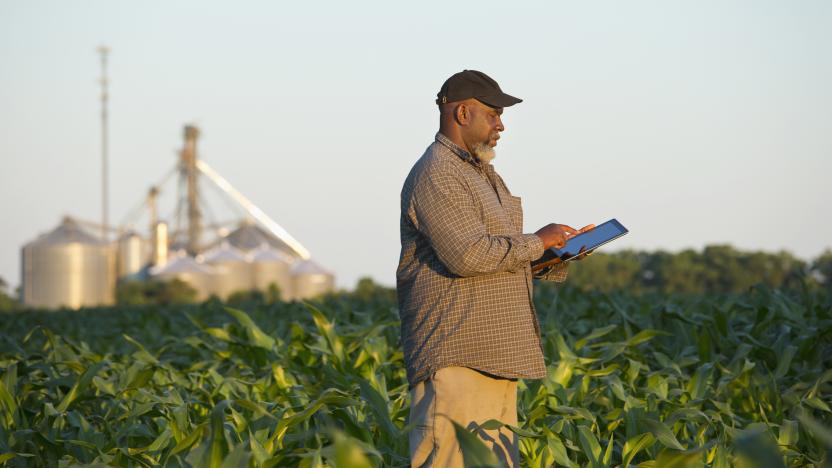
FCC seeks to reduce rural broadband funding waste with new accountability program
The announcement of the Rural Broadband Accountability Plan comes after the FCC said last year it was taking steps to “clean up” the Rural Digital Opportunity Fund.

Epic announces billion-dollar funding round ahead of Apple trial
Sony has increased its stake in the company with a $200 million investment.
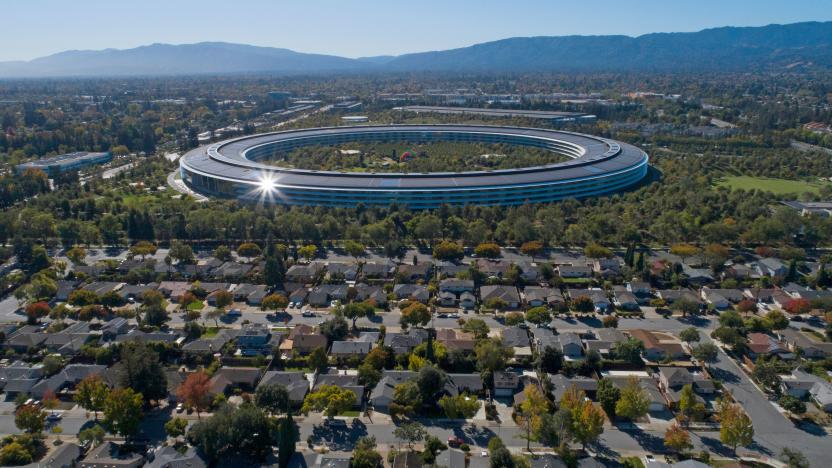
Apple will spend $400 million on affordable housing this year
Apple will spend more than $400 million on affordable housing projects and first-time homebuyer assistance programs in California this year.
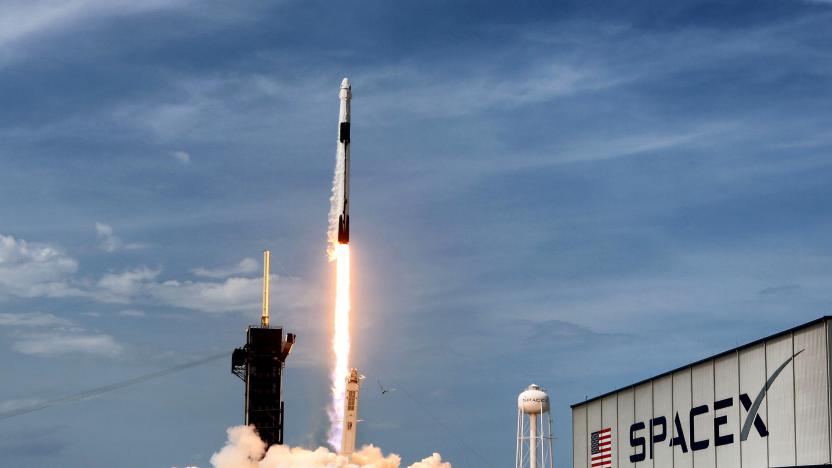
SpaceX has a month to prove Starlink is worthy of rural broadband funding
The Federal Communications Commission (FCC) said it has “serious doubts” that SpaceX will be able to deliver internet service with latency under 100 milliseconds. That would not only be bad for users, but means that SpaceX could be at a disadvantage in an auction to distribute $16 billion in federal funds to support rural broadband access.

Lime now owns Uber's Jump bike and scooter service
Uber is leading a $170 million investment in scooter sharing company Lime, and is handing over its Jump bike division.

FCC approves $200 million plan to fund COVID-19 telehealth services
The FCC has approved $200 million in telehealth funding for healthcare providers responding to the coronavirus pandemic. With federal funding made available through the CARES Act, the COVID-19 Telehealth Program will help providers pay for the broadband connectivity and devices required to provide healthcare remotely.

FCC outlines $200 million COVID-19 telehealth plan
Today, the FCC announced a few additional measures to help the US during the coronavirus pandemic. Chairman Ajit Pai shared plans for a $200 million COVID-19 Telehealth Program, which would equip healthcare providers with the broadband connectivity and devices they need to provide telehealth services. The FCC also eased off its ongoing crackdown on cell phone subsidy abuse, saying that it won't de-enroll participants until at least May 29th.

Facebook pledges $100 million to support journalism during coronavirus crisis
Facebook has already taken a number of measures to help the global effort against the spread of the coronavirus, most recently by opening up its Messenger platform to governments, and in announcing plans to invest $100 million in small businesses around the world. Now, the platform says it will set aside an additional $100 million to support the news industry during the coronavirus crisis. In a post on Facebook's Journalism Project portal, the company says it recognizes that ad revenues are declining "at a time when journalism is needed more than ever," and that its funding will be used to help journalists cover important stories "when we all need them most." Of the grant, $25 million will be set aside as emergency funding for local news through the Facebook Journalism Project, and $75 million will be given as additional marketing spend to move money to news organizations around the world. The first round of grants have already been given to 50 local newsrooms in the US and Canada. The Post and Courier in South Carolina used its grant to take down its paywall for coronavirus-related stories, for example, while Southeast Missourian is using the money to help bolster its remote work technology. The funding program is the latest move by Facebook to help fortify reliable news coverage during this uncertain time. At the end of February the platform started banning ads promoting coronavirus "cures," and later offered the World Health Organization free ads to counter misinformation surrounding the outbreak.

Trump's next budget could give NASA a huge funding windfall
If NASA is going to fulfill its goal of returning to the Moon by 2024, it's going to need a lot of money in very short order -- and that might be forthcoming. The Trump administration is proposing one of the largest NASA budgets in years as part of its latest budget, earmarking $25 billion for the space agency versus the $19 billion from the first year of the administration and $22 billion for this year. Nearly $3 billion of that would be devoted to creating the vehicles needed for the Artemis program. The budget is also poised to outline Artemis' complete costs and provide a clearer roadmap for the 2024 mission.
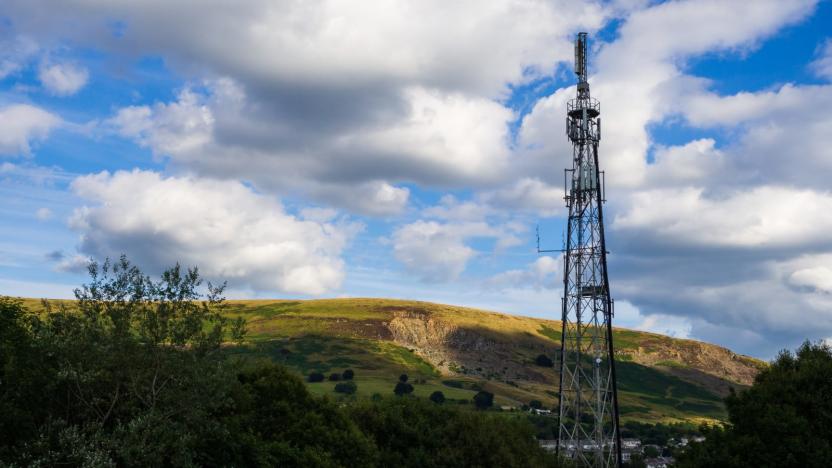
FCC commits $20.4 billion to help close the rural digital divide
Over the next 10 years, the Federal Communications Commission (FCC) will spend $20.4 billion to bring high-speed broadband internet to underserved rural America. "This is the biggest step we've taken to close the digital divide," FCC Chairman Ajit Pai said in a video today.

Twitter will fund development of an open social media standard
Twitter is funding a team to develop an open and decentralized standard for social media. CEO Jack Dorsey announced the effort, called Bluesky, today. In a series of tweets, Dorsey said Twitter will fund a "small independent team" of up to five open source architects, engineers and designers, and that the platform will provide just one direction: find an existing decentralized standard to advance or create one from scratch.

Daimler and Geely back Volocopter to help launch its flying taxi service
Flying taxis are one step closer to becoming a reality. Volocopter announced in 2018 that it hopes to have autonomous air taxis in the sky within five years, and one step on the path to achieving that is securing that all-important investment money.
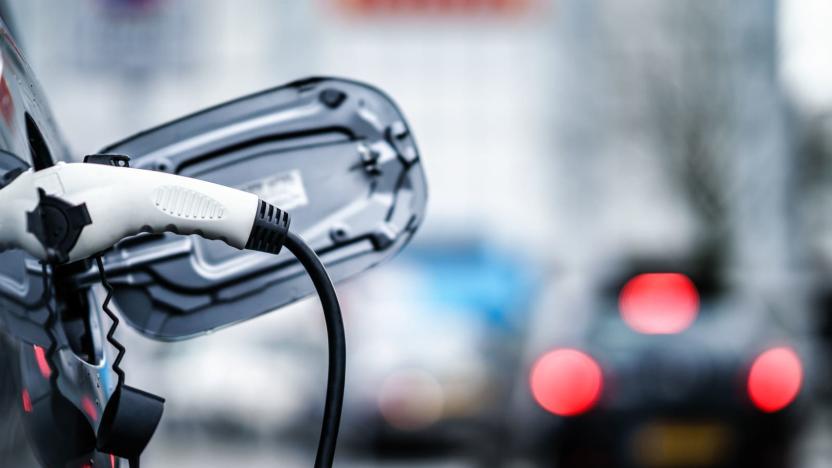
Bipartisan highway bill proposes $1 billion for EV charging corridors
Today, a bipartisan group of senators are introducing the largest highway legislation in history. The America's Transportation Infrastructure Act of 2019 proposes investing $287 billion over five years in federal transportation projects. While it includes standard measures like funding for highways and bridges, at least a few billion dollars are slated for reducing carbon emissions and installing EV chargers along highway corridors.

Kickstarter has fewer video game projects, and that's a good thing
Video game projects may have found their stride in the crowdfunding world. According to ICO Partners, fewer games are being pitched on Kickstarter, but a greater percentage are reaching their goals. And the total amount raised by gaming campaigns is up year-over-year.
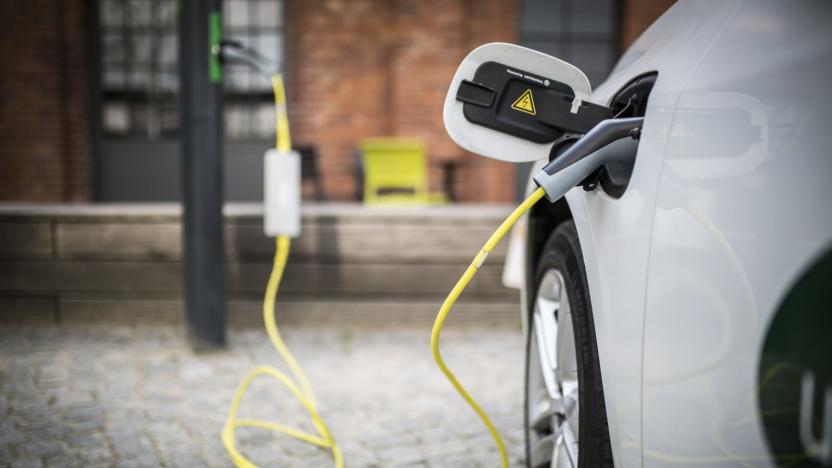
Maryland is already out of EV tax credits for 2019
Maryland's electric vehicle (EV) tax credits are so popular, they're already gone. According to the state's Motor Vehicle Administration, the $6 million fund meant to cover the tax credits was depleted before the fiscal year began on July 1st. The state offers a $100 credit per kilowatt-hour of battery capacity for EVs and plug-in hybrids (with a maximum $3,000 rebate), but so many drivers have applied for the credit, there's a waiting list with more than 700 applicants.
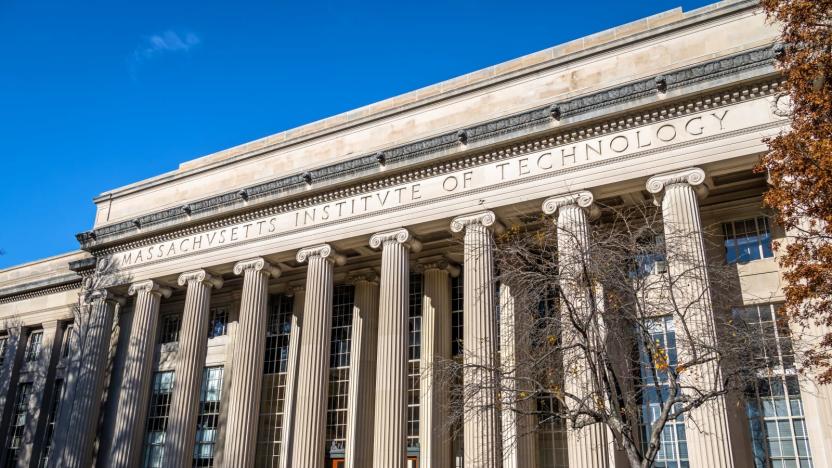
MIT suspends its research partnerships with Huawei and ZTE
The Massachusetts Institute of Technology is putting its funding and research ties with Huawei and ZTE on hold due to US investigations against the Chinese companies. The university will also add extra layers of scrutiny to projects and funding linked with China, Russia and Saudi Arabia.
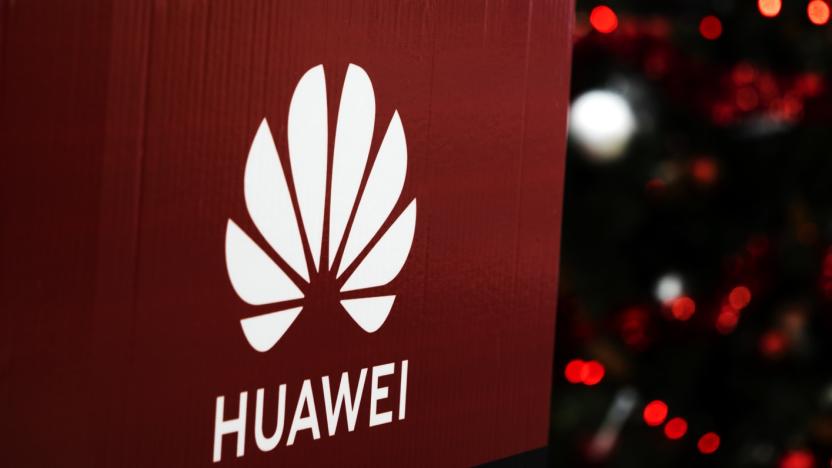
Oxford University halts donations and grants from Huawei
Huawei has faced increasing resistance from the US government and other countries, and now Oxford University has joined the growing number of groups distancing themselves from the company. The university, for now, will no longer accept research grants or donations from Huawei, The Guardian reports, with the ban stemming from "public concerns raised in recent months surrounding UK partnerships with Huawei."

FCC to suspend operations January 3rd unless funding resumes
It looks like the FCC will be joining the list of government offices that will shut down in light of the ongoing funding lapse. The commission released a statement today saying that if the partial funding lapse continues into January 3rd, it will initiate an "orderly shutdown of operations." The majority of the FCC's operations will be put on hold by mid-day Thursday if funding isn't resumed and employees will have four hours to complete the shutdown.








